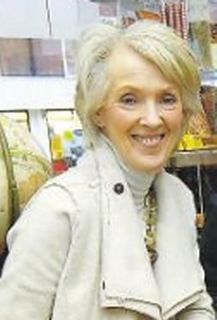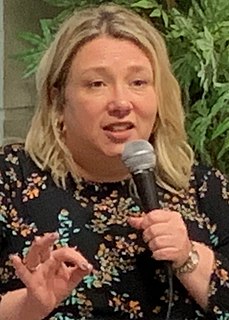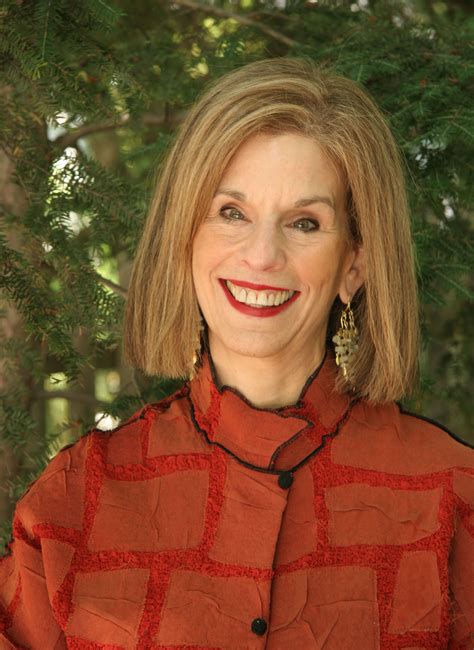A Quote by Joanna Trollope
My view of an excellent novel was probably set in the golden age of fiction in the 19th century: narrative, character and voice are of equal importance.
Related Quotes
The Anglo-American tradition is much more linear than the European tradition. If you think about writers like Borges, Calvino, Perec or Marquez, they're not bound in the same sort of way. They don't come out of the classic 19th-century novel, which is where all the problems start. 19th-century novels are fabulous and we should all read them, but we shouldn't write them.
There is really no fiction or non-fiction; there is only narrative. One mode of perception has no greater claim on the truth than the other; that the distance has perhaps to do with distance - narrative distance - from the characters; it has to do with the kind of voice that is talking, but it certainly hasn't to do with the common distribution between fact and imagination.
Girlchild . . . unfolds a compelling, layered narrative told by a protagonist with a voice so fresh, original, and funny you'll be in awe. This novel rocks . . . In Girlchild Tupelo Hassman has created a character you'll never forget. Rory Dawn Hendrix of the Calle has as precocious and endearing a voice as Holden Caulfield of Central Park. When you finish this novel, your sorrow at turning the last page will be eased by your excitement at what this sassy, talented author will do next.






































